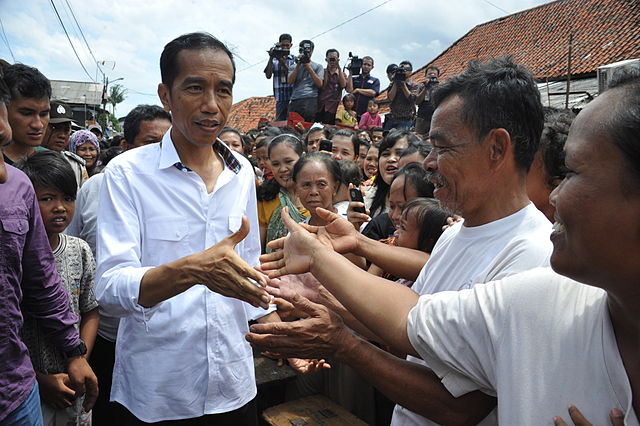The latest:
A catastrophic milestone has been reached. The carbon-dioxide-rich peat bogs (and tropical forests) being set ablaze in Indonesia to clear land for farming are now producing repeated single-day spikes of emissions exceeding the daily output of the entire U.S. economy, according to the World Resources Institute.
Background information:
79% of Indonesia’s greenhouse gas emissions result from the destruction of its carbon-rich tropical forests and peat bogs for conversion into palm oil plantations, other agricultural uses, or development – according to the World Resources Institute.
This is a critical problem because Indonesia, which only has the world’s 16th-largest economy, is now the world’s fifth-largest emitter of greenhouse gases.
Indonesia also has the third largest tropical forest cover by area. (And lots of marshy peatlands.) Still, this forest cover has rapidly declined in recent decades. For example, the large Indonesian island of Sumatra went from 50% forested to 25% forested between 1985 and 2008.
Troublingly, many of the uses for which this newly cleared land is being diverted (such as palm oil production) could actually be located on other sites with previously degraded or clear-cut land.
Additionally, Indonesia’s September 2015 climate action plan only promises emissions reductions against project 2020 levels, although it does include more pledges to limit deforestation.
This post produced in conjunction with The Globalist Research Center.





